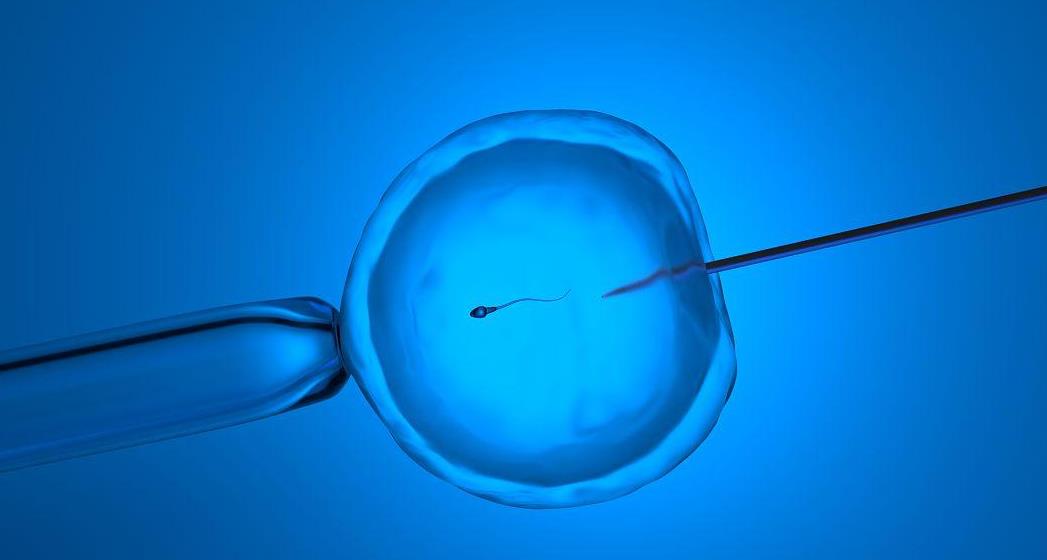What is the difference between artificial insemination and in vitro fertilization (IVF)?
Artificial insemination (AI) and in vitro fertilization (IVF) are two widely used assisted reproductive techniques designed to help couples overcome fertility challenges and achieve pregnancy. While both methods aim to facilitate conception, they differ significantly in their procedures, requirements, and success rates. Here is a detailed comparison between artificial insemination and in vitro fertilization.
Artificial Insemination (AI)
Artificial insemination is a relatively simpler and less invasive fertility treatment. It involves placing sperm directly into the uterus at the time of ovulation to increase the chance of fertilization. This process can be performed using a partner's sperm or donor sperm.
Key Features of AI
Less Invasive: AI does not require surgery and is generally less invasive than IVF.
Cost: It is typically less expensive than IVF, making it a more accessible option for many couples.
Procedure: The process involves sperm washing and concentration, followed by the direct insertion of sperm into the uterus, usually around the time of ovulation.
Success Rates: AI has lower success rates compared to IVF, especially for couples with more complex fertility issues.
Applicability: AI is often recommended for couples with relatively uncomplicated fertility problems, such as mild male factor issues or unexplained infertility.
In Vitro Fertilization (IVF)
In vitro fertilization is a more complex and advanced reproductive technology. It involves the fertilization of eggs outside the body, in a laboratory setting, followed by the transfer of the resulting embryos into the uterus.
Key Features of IVF
Invasive Procedure: IVF involves hormonal stimulation of the ovaries, egg retrieval through a minor surgical procedure, and laboratory fertilization.
Cost: It is more expensive than AI, often requiring a significant financial investment.
Success Rates: IVF generally has higher success rates, particularly for couples with more severe fertility issues or those who have not responded to other treatments.
Applicability: IVF is recommended for a wide range of fertility problems, including blocked fallopian tubes, severe male factor, and genetic conditions that require preimplantation genetic diagnosis (PGD).
Complexity: The process is more complex, involving multiple steps and a longer duration from start to potential pregnancy.
本文 zblog模板 原创,转载保留链接!网址:https://www.qddbc.com/post/850.html
1.本站遵循行业规范,任何转载的稿件都会明确标注作者和来源;2.本站的原创文章,请转载时务必注明文章作者和来源,不尊重原创的行为我们将追究责任;3.作者投稿可能会经我们编辑修改或补充。










